HubSpot CRM vs. Salesforce : Which is Best Fit for Your Business
 Bharat Khatri Monday, August 25, 2025
Bharat Khatri Monday, August 25, 2025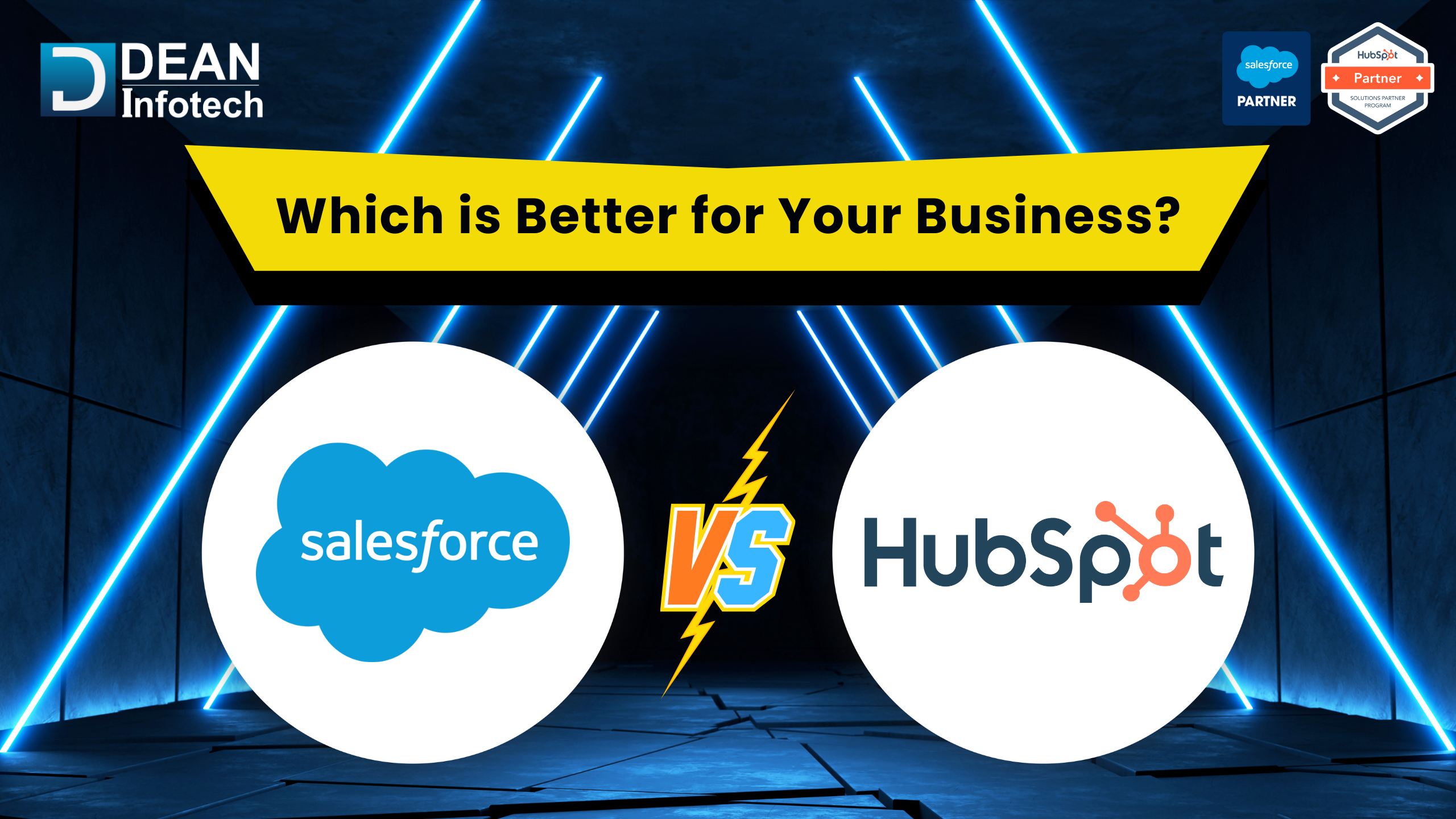
Choosing the best platform for your company in 2025 can have a significant impact on your marketing, sales, and customer relationships because CRMs are changing so quickly. Both Salesforce and HubSpot CRM are industry leaders, serving a range of business sizes and demands. Based on the most recent upgrades, important features, cost, scalability, user experience, and support. Both platforms provide powerful tools to help organizations grow, but their approach, scalability, and pricing models are different. This blog will guide you through a detailed comparison of HubSpot CRM and Salesforce CRM in 2025, helping you decide which platform is the best fit for your business.
Why CRM Selection Matters
The CRM you choose today will directly impact how your teams collaborate, how effectively you engage with customers, and how quickly your business can scale in the coming years. Here are a few reasons why selecting the right CRM is critical in 2025:
Artificial intelligence is reshaping CRM systems by enabling predictive lead scoring, automated forecasting, and personalized customer outreach.
Businesses demand seamless integrations between marketing, sales, customer support, and third-party tools.
Startups and SMEs need cost-effective solutions, while enterprises require deep customization and advanced automation.
Customer experience has become a competitive advantage, and a well-chosen CRM can significantly improve retention and satisfaction.
About HubSpot CRM at a Glance
One of the top customer relationship management systems, HubSpot CRM was created to make marketing, sales, and customer support easier. HubSpot, which is well-known for its easy-to-use interface and free plan, assists companies of all kinds in improving customer interactions, streamlining operations, and growing successfully without becoming overly complicated. As a trusted Hubspot Solution Partner, businesses can further leverage expert guidance to maximize CRM efficiency.
Key Features:
A unified platform for marketing, sales, and customer support.
AI-driven predictive analytics and personalization.
Workflows that are automated (drag-and-drop interface)
Segmentation and dynamic lead management
Mobile access and real-time data synchronization
Dashboards for reporting and configurable widgets
More than 1700 integrations with widely used business tools
Target Audience
HubSpot CRM is ideal for startups, small businesses, and mid-sized companies looking for a user-friendly and cost-effective CRM. It works best for organizations that want to manage marketing, sales, and customer service from a single platform without complex implementation.
Pricing Overview
Free plan available with core CRM features
Starter: Starts at $50 per month for two users
Professional: Around $1,600 per month for five users
Enterprise: Starts at $5,000 per month for ten users
Additional users and advanced features increase the cost, but the pricing remains transparent and flexible.
About Salesforce CRM at a Glance
One of the most popular and potent customer relationship management systems in the world is Salesforce CRM. It assists companies in managing sales, marketing, service, and analytics in one location and is designed for scalability and customisation. As a leading Salesforce Development Company, Salesforce is a reliable option for businesses all around the world thanks to its sophisticated automation, AI-driven analytics, and thousands of connectors.
Key Features
Advanced AI agents for task automation and predictive analytics (Agentforce, Einstein GPT-5)
Deep customization and extensive workflow automation (Lightning App Builder, Dynamic Forms)
Voice-activated CRM, territorial management, and hyper-personalization
vast ecosystem for each specialization (AppExchange: 5,000+ integrations)
Advanced analytics, pipeline forecasts, and reporting
Strong data security, adherence to GDPR, and assistance with regulations
Target Audience
Salesforce CRM is best suited for mid-sized to large enterprises with complex sales cycles, multiple teams, and a need for deep customization. It is preferred by businesses in industries such as finance, manufacturing, logistics, and enterprise-level retail.
Bigger businesses and institutions with intricate sales cycles.
Industries under regulation (manufacturing, healthcare, and finance).
Teams that require extreme customization and granular control.
Pricing Overview
Starter (Essentials): Starts at $25 per user per month
Professional: $75 per user per month
Enterprise: $150 per user per month
Unlimited: $300 per user per month
Additional costs may apply for advanced features, marketing automation tools, integrations, or consulting services.
HubSpot CRM vs. Salesforce
Both HubSpot and Salesforce are recognized as leading CRM platforms that help businesses streamline their marketing, sales, and customer service processes. While both deliver strong capabilities, they are designed with different priorities in mind. In the following section, we will explore how each platform performs across key areas such as lead and contact management, marketing automation, sales pipeline forecasting, analytics, customization, and overall user experience. This side-by-side comparison will give you a clear understanding of which platform aligns best with your business needs.
Lead and Contact Management
HubSpot CRM: Provides an easy-to-navigate contact database with quick access to interactions, emails, and deal activities. It is highly suitable for small and mid-sized teams as it includes features like automatic lead capture from forms and emails.
Salesforce CRM: Offers advanced lead and contact management with custom fields, workflows, and automation for complex sales cycles. It is ideal for enterprises managing multiple pipelines and high volumes of leads.
Marketing Automation
HubSpot CRM: Built with strong marketing tools including email marketing, social media posting, ad management, and lead nurturing workflows. Most marketing automation features are native to HubSpot and do not require heavy add-ons.
Salesforce CRM: Relies on additional tools such as Salesforce Marketing Cloud or Pardot for marketing automation. While these tools are powerful, they come at an extra cost and require additional configuration.
Sales Pipeline and Forecasting
HubSpot CRM: Allows sales teams to create customized pipelines, track deals visually, and forecast revenue with AI assistance. It is easy to implement and monitor for growing businesses.
Salesforce CRM: Offers advanced forecasting capabilities including territory management, revenue projections, and detailed sales reporting. It is more suited for enterprises that need granular forecasting across multiple teams.
Reporting and Analytics
HubSpot CRM: Provides pre-built and customizable dashboards with detailed marketing and sales analytics. The reporting is straightforward and user-friendly, but advanced analytics may require higher-tier plans.
Salesforce CRM: Delivers in-depth reporting with options to build custom reports, integrate Tableau for visual analytics, and analyze performance across multiple channels. It offers more flexibility but with a steeper learning curve.
Customization and Integrations
HubSpot CRM: Offers over 1,800 integrations and a simple drag-and-drop customization process for pipelines, fields, and dashboards. It is best for companies that prefer a quick setup without heavy development.
Salesforce CRM: Provides over 5,000 integrations and allows deep customization through its AppExchange and development tools. It is the go-to choice for businesses that require tailored workflows and advanced configurations.
Ease of Use and User Experience
HubSpot CRM: Known for its clean, intuitive interface that is easy to adopt even for non-technical users. Training and onboarding are faster with guided setups and support resources.
Salesforce CRM: More complex in structure but highly powerful once customized. The user interface has improved with Lightning Experience, but it still requires training for efficient use.
Learning Curve and UI/UX Differences
HubSpot CRM: Easier to learn for small and mid-sized teams with minimal training required.
Salesforce CRM: Steeper learning curve due to its extensive features, but offers greater control and flexibility after proper onboarding.
CRM Pricing by Business Size
When choosing between HubSpot CRM and Salesforce CRM, pricing and scalability play a major role in the decision-making process. Both platforms follow different pricing structures and offer plans suited for various business sizes. Understanding the cost of ownership and the ability to scale is essential before making a choice.
Free vs Paid Plans
HubSpot CRM: HubSpot offers a free plan with core CRM features, making it an attractive entry point for startups and small teams. The free plan includes contact management, email tracking, deal pipelines, and basic reporting. Paid plans unlock advanced marketing automation, sales forecasting, AI-driven tools, and premium support.
Salesforce CRM: Salesforce does not offer a completely free version. Instead, it provides a trial period for its paid plans. This makes it more suitable for businesses that are ready to invest in a CRM from the beginning. Its paid plans include varying levels of customization, automation, and access to the Salesforce ecosystem.
Cost for Small, Medium, and Large Businesses
Small Businesses
HubSpot CRM: The free plan is often sufficient for very small teams. Paid plans start at approximately $50 per month for two users, offering essential sales and marketing features.
Salesforce CRM: The entry-level Essentials plan starts at around $25 per user per month. However, as small businesses grow, they may need higher plans to access automation or marketing capabilities.
Medium-Sized Businesses
HubSpot CRM: The Professional plan starts at around $1,600 per month for five users. It includes more robust automation, advanced reporting, and customizable workflows.
Salesforce CRM: The Professional or Enterprise plans, ranging from $75 to $150 per user per month, are more common for medium-sized companies that need better forecasting, integrations, and customizations.
Large Enterprises
HubSpot CRM: The Enterprise plan starts at around $5,000 per month for ten users, with scalability for larger teams. It offers enterprise-grade security, advanced automation, and dedicated onboarding.
Salesforce CRM: The Unlimited plan starts at approximately $300 per user per month and provides full customization, priority support, and advanced features. Additional costs may include add-ons like Marketing Cloud, Pardot, and third-party integrations.
Business Size | HubSpot CRM Cost & Features | Salesforce CRM Cost & Features |
|---|---|---|
Small Business | Free plan available, Starter at ~$50 for 2 users | Essentials from ~$25/user/month, limited features |
Medium Business | Professional at ~$1,600 for 5 users | Professional or Enterprise at $75–$150/user/month |
Large Enterprise | Enterprise at ~$5,000 for 10 users | Unlimited at ~$300/user/month p |
Customer Support and Community
Customer support and a strong user community are crucial factors when selecting a CRM, especially for businesses that want continuous guidance, quick troubleshooting, and access to shared knowledge. Both HubSpot CRM and Salesforce CRM provide extensive resources, but their approach and accessibility vary.
HubSpot CRM: Support and Community
- Customer Support
HubSpot offers email and in-app chat support for Starter plans and above. Professional and Enterprise users also receive phone support. The response time is generally fast, and the support team is known for being user-friendly and proactive. - Community and Resources
HubSpot maintains an active online community, the HubSpot Academy for free certifications and training, and a rich knowledge base with how-to guides, video tutorials, and troubleshooting articles. This makes it easy for small and mid-sized businesses to find quick solutions without additional costs. - Partner Ecosystem
HubSpot has a growing partner network with certified agencies and consultants who provide specialized services like setup, customization, and marketing automation strategies.
Salesforce CRM: Support and Community
- Customer Support
Salesforce offers standard support with all paid plans, which includes online ticketing and business-hours assistance. Premium support plans, such as Premier and Signature Success, provide 24/7 phone support, faster response times, and dedicated success managers for an additional cost. - Community and Resources
Salesforce has one of the largest CRM communities known as the Salesforce Trailblazer Community. It offers extensive documentation, webinars, developer forums, and Trailhead, a free learning platform with guided paths for users, admins, and developers. - Partner Ecosystem
Salesforce has a vast network of certified partners and consultants worldwide, capable of delivering enterprise-grade implementations, custom solutions, and ongoing support.
What CRM Is Best for Your Business?
Selecting between HubSpot CRM and Salesforce CRM depends on your business size, goals, and technical requirements. Each platform has strengths that cater to different types of organizations.
Best for Startups and Small to Medium-Sized Enterprises (SMEs)
- HubSpot CRM is the preferred choice for startups and SMEs that want an affordable, easy-to-use, and quick-to-deploy CRM.
- The free plan is powerful enough for small teams to manage leads, run basic marketing campaigns, and track sales activities without heavy costs.
- The platform requires minimal technical setup, making it ideal for companies without dedicated IT or CRM management teams.
- Built-in marketing automation and content management tools reduce the need for multiple separate platforms, allowing businesses to grow faster with an all-in-one solution.
Also read: Hubspot CRM for Small Businesses : Detailed Guided for 2025
Best for Large Enterprises
- Salesforce CRM is best suited for large organizations with complex sales processes, multi-departmental operations, and a need for deep customization.
- It offers advanced automation, powerful reporting tools, and extensive integration capabilities that support enterprise-scale workflows.
- Businesses that require multiple teams to collaborate on large volumes of data and prefer tailored solutions benefit most from Salesforce’s modular architecture.
- Although it has a higher learning curve and potentially higher costs, the platform provides unmatched flexibility and scalability for organizations with long-term growth strategies.
HubSpot CRM and Salesforce CRM: Quick Recap
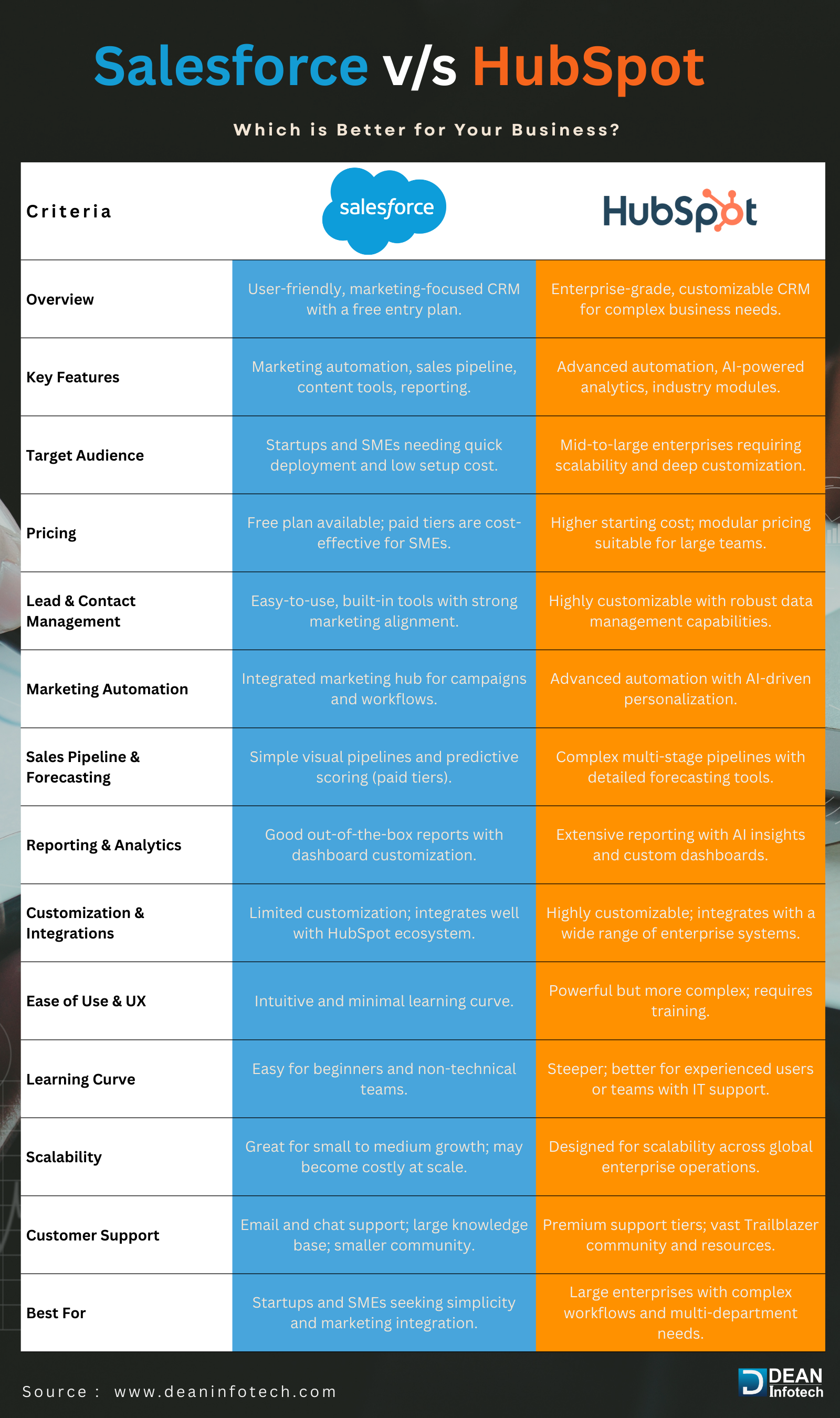
Conclusion
Salesforce CRM and HubSpot CRM both have strong functionality, but they are best suited for various kinds of enterprises. While HubSpot is best suited for small-to-medium businesses that value simplicity, speed, and ease of use, Salesforce is excellent for organizations looking for extensive customization, compliance, and advanced analytics.
If you're ready to update your CRM experience but aren't sure which platform is best, Dean Infotech, a HubSpot and Salesforce partner, offers a free consultation. Our professionals evaluate the demands of your business and assist you in selecting the best CRM system, whether it's Salesforce, HubSpot, or a hybrid strategy. We promise the best value, seamless deployment, and ongoing support to streamline procedures, automate advertising, and increase sales thanks to our expertise in CRM connection, customization, and digital marketing strategies unique to both platforms.

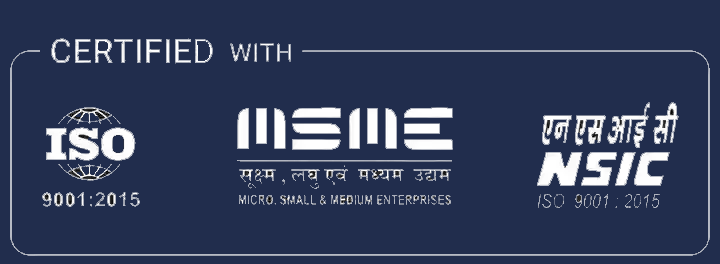
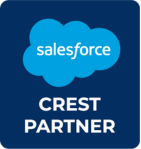
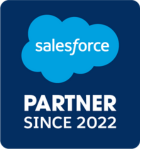
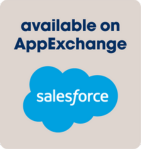
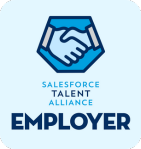


Comment